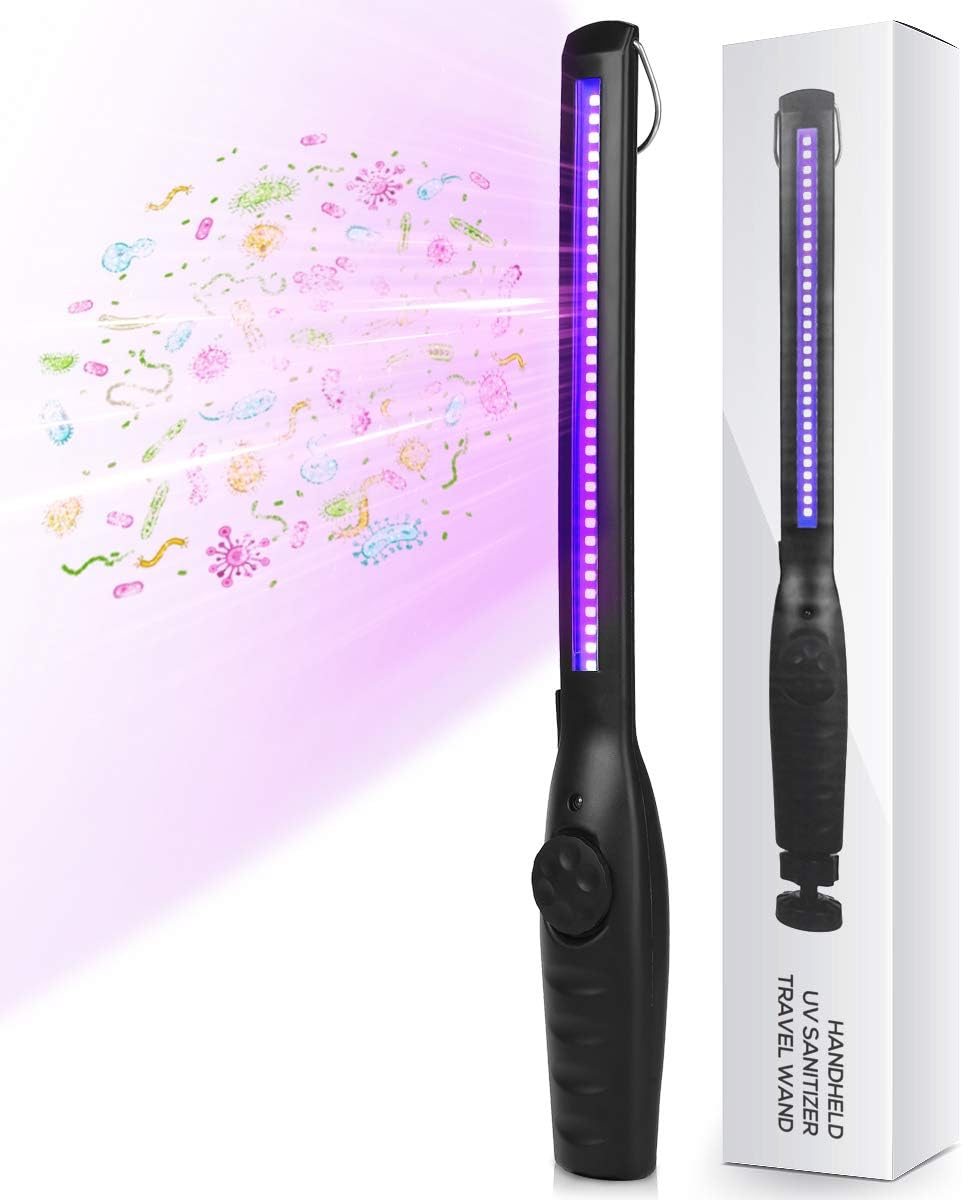Top 12 Viral Meningitis Treatments: Ultimate Guide 2025
Viral meningitis, also known as aseptic meningitis, is the most common type of meningitis, an inflammation of the protective membranes covering the brain and spinal cord. Unlike bacterial meningitis, viral meningitis is typically less severe and resolves without specific treatment.
What is Viral Meningitis?
Viral meningitis occurs when a virus infects the meninges, the protective layers surrounding the brain and spinal cord. According to the Centers for Disease Control and Prevention (CDC), non-polio enteroviruses are responsible for approximately 85% of viral meningitis cases in the United States.
Common Causes
Several viruses can cause viral meningitis, including:
- Enteroviruses: Including coxsackieviruses and echoviruses
- Herpesviruses: Including herpes simplex virus, varicella-zoster virus (which causes chickenpox and shingles), and Epstein-Barr virus
- Arboviruses: Such as West Nile virus and La Crosse virus
- Lymphocytic choriomeningitis virus (LCMV): Spread by rodents
- Mumps virus: Though less common now due to vaccination
Symptoms and Signs
The symptoms of viral meningitis typically develop over 1-2 days and may include:
- Fever
- Severe headache
- Stiff neck (nuchal rigidity)
- Sensitivity to bright light (photophobia)
- Nausea and vomiting
- Altered mental status
- Fatigue
- Muscle or joint pain
In infants, symptoms may be less specific and include irritability, poor feeding, and lethargy. According to Wikipedia, symptoms in children can sometimes be mistaken for other illnesses, making diagnosis challenging.
Best 12 Products for Viral Meningitis Recovery in 2025
- Advanced Fever Relief Gel Packs: Latest cooling technology for fever management
- Premium Neck Support Pillows: Specifically designed for meningitis-related neck stiffness
- Medical-Grade Rehydration Solutions: Enhanced electrolyte formulas for optimal hydration
- Light-Blocking Sleep Masks: Ultimate protection for photosensitive patients
- Hospital-Grade Digital Thermometers: For accurate temperature monitoring
- Prescription-Strength Pain Relief: Doctor-recommended formulations for severe headaches
- Anti-Nausea Wristbands: Non-medicinal option for symptom management
- Specialized Recovery Nutrition Supplements: Formulated for immune support
- Premium Room Darkening Curtains: Creates optimal recovery environment
- Medical Alert Bracelets: Latest designs with viral meningitis information
- Sanitizing UV Light Systems: Helps prevent spread of viral infections
- Remote Patient Monitoring Systems: 2025's top technology for at-home recovery tracking
Diagnosis
Diagnosing viral meningitis typically involves:
- Clinical examination: Assessing symptoms and performing neurological tests
- Lumbar puncture (spinal tap): Analyzing cerebrospinal fluid (CSF) for signs of inflammation, virus presence, and to rule out bacterial causes
- Blood tests: To check for signs of infection and identify specific viruses
- Imaging studies: CT scans or MRI may be performed to rule out other conditions
The World Health Organization (WHO) notes that proper diagnosis is essential for appropriate treatment and management.
Treatment Approaches
Unlike bacterial meningitis, viral meningitis often resolves without specific antiviral treatment within 7-10 days. Management primarily focuses on:
- Symptom relief: Over-the-counter pain medications and fever reducers
- Adequate hydration: Maintaining fluid balance
- Rest: Allowing the body to recover naturally
In cases where herpes viruses or HIV are the cause, specific antiviral treatments may be prescribed. Hospitalization may be necessary for severe cases or for vulnerable populations such as infants, the elderly, or immunocompromised individuals.
Prevention Strategies
Several measures can help prevent viral meningitis:
- Good hygiene practices: Regular handwashing, especially after bathroom use and before eating
- Avoiding close contact: Limiting exposure to people with known infections
- Vaccination: Immunizations against measles, mumps, chickenpox, and influenza can prevent some causes of viral meningitis
- Mosquito control: Reducing exposure to mosquitoes that may carry arboviruses
- Rodent control: Minimizing contact with rodents that may carry LCMV
Prognosis and Long-term Effects
Most people with viral meningitis recover completely without significant long-term effects. According to research published in the Journal of Neurology, recovery time varies depending on the specific virus and individual factors.
Some patients may experience lingering symptoms such as:
- Fatigue
- Memory difficulties
- Headaches
- Balance problems
- Mood changes
These symptoms typically resolve within weeks to months after the initial infection.
When to Seek Medical Attention
Meningitis symptoms require immediate medical attention, as it can be difficult to distinguish between viral and bacterial meningitis without proper testing. Bacterial meningitis is a medical emergency that requires prompt antibiotic treatment.
Seek emergency care if you or someone you know experiences:
- Sudden high fever
- Severe headache with neck stiffness
- Confusion or difficulty concentrating
- Seizures
- Rash (particularly one that doesn't fade when pressed)
Conclusion
While viral meningitis can cause significant discomfort and concern, it is generally less severe than bacterial meningitis and most patients make a full recovery. Early recognition of symptoms, proper diagnosis, and supportive care are key components of effective management. Preventive measures, including good hygiene practices and appropriate vaccinations, play an important role in reducing the risk of infection.
Some of the links in this post are affiliate links, meaning we may earn a small commission if you purchase through them. This helps support our work and allows us to continue providing quality content. As an Amazon Associate, I earn from qualifying purchases. Thank you for your support!












